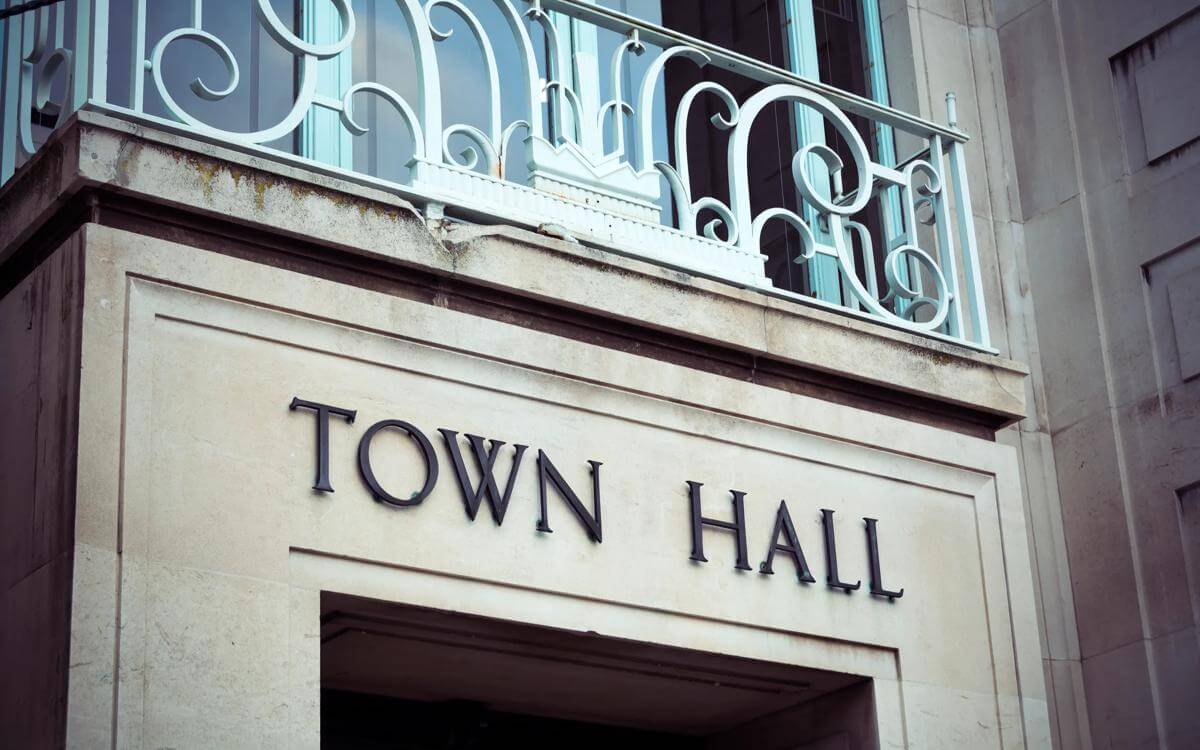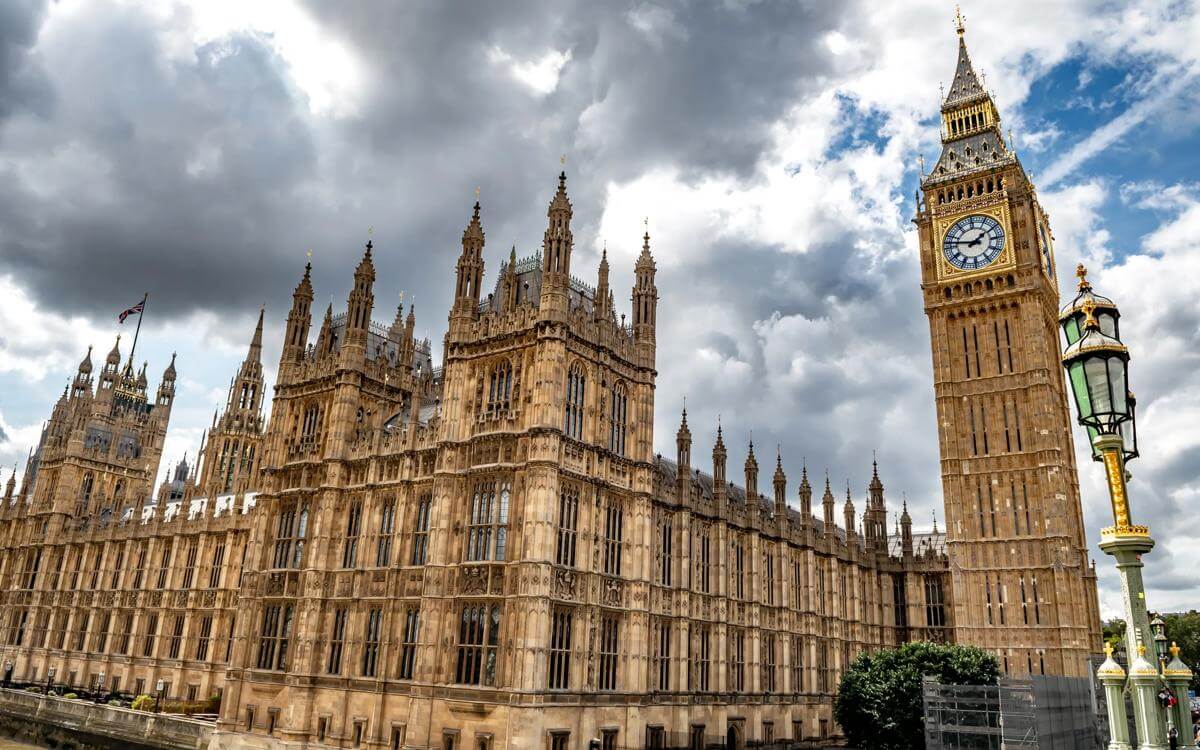A Traffic Regulation Order (TRO) is a statutory legal document made under the Road Traffic Regulation Act 1984 (the Act) that regulates the movement of traffic on roads and highways. There are many types of TROs covering many scenarios including parking regulation, loading and unloading, one-way streets and speed limits. Each type of TRO is designed to address a specific traffic management issue and to ensure that the needs of all road users are met.
It is essential that local authorities keep TROs up to date so that the needs of both local authorities and road users continue to be met. They are also important for maintaining the integrity of the road network and ensuring that it is used in a way that is consistent with the local environment and the needs of the community.
There should be consideration to keeping TROs up to date, particularly to allow developing technology to have its place. We are increasingly seeing the introduction of pay by phone schemes and EV charging at off-street parking places which requires amendment to any existing TRO that does not currently allow such things.
The process of making, updating or amending a TRO can be a lengthy process, usually taking several months to complete, and timescales are extended for more complex or contentious matters.
Consultation
Once the TRO is drafted, consultation must be undertaken on the proposal. As required by the Act, the local authority should take views from various bodies, which will normally include the police and county, district, borough, town or parish councils. The local authority must also take views from members of the public. This consultation lasts for a 21 day period and a fuller consultation may be undertaken where the proposed TRO will result in significant impact to road users.
There are a number of consultation requirements including advertisement in the local press and displays in the areas where the changes will take effect. There is some discussion around modernising the approach to advertisement but no amends to the Act or regulations on this point have yet occurred.
Cabinet decision
Following consultation, all representations are to be considered and a cabinet decision must be made to either progress as advertised, to modify or to not progress with the TRO at all.
Making the Order
Once a decision has been made, if moving forward as advertised, the TRO can be formally sealed. If modifications are required, extended consultation may be necessary.
The Order will be advertised in the local press again and those who made representations will be informed. The Order becomes enforceable from the date as advertised.
If a person wishes to challenge the validity of the Order or any of its provisions, they may do so by way of an application to the High Court within six weeks of the Order being made.
Support for local authorities
Please contact our public law team if you require support with TROs. We would be more than happy to assist.










































